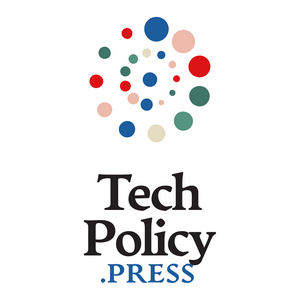This week marks the second DSA and Platform Regulation conference in Amsterdam, where experts will convene to consider the Digital Services Act (DSA) two years after it entered full effect across the European Union. Over that period, the law has been tested by national elections, geopolitical tensions, high-profile enforcement actions, and the rapid rise of generative AI. It has become both a benchmark for platform accountability and a political lightning rod.
Ahead of the conference, Tech Policy Press senior editor Ramsha Jahangir spoke with members of the DSA Observatory, which is organizing the conference, to take stock. What have these first years of enforcement clarified? Where does opacity remain? And what does it mean to conduct DSA research in today’s political climate? Guests include:
John Albert, associate researcher, DSA Observatory.
Paddy Leerssen, postdoctoral researcher at the University of Amsterdam and part of the DSA Observatory.
Magdelena Jozwiak, associate researcher at the DSA Observatory.


